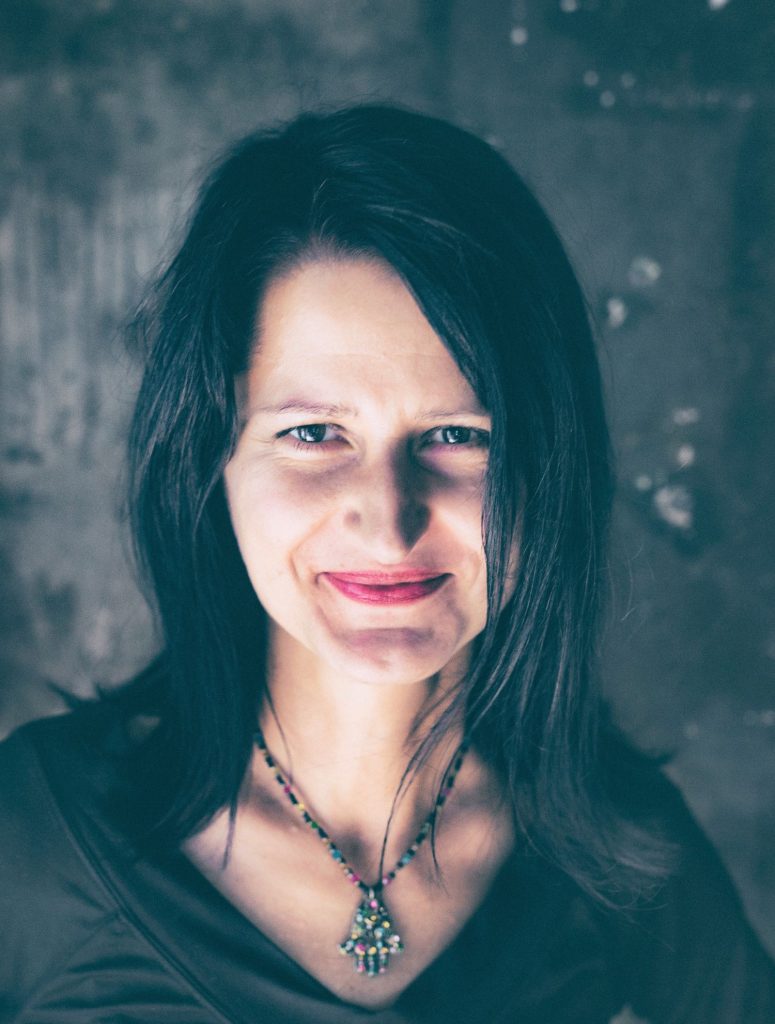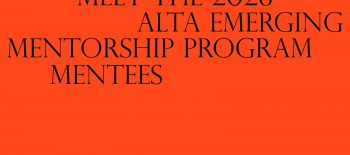Isaac Bashevis Singer with Agi Legutko – Encounters with Polish and Ukrainian Literature
S4E11 and all video recordings are available on our YouTube.

Encounters with Polish Literature is a video series for anyone interested in literature and the culture of books and reading. Each month, host David A. Goldfarb will present a new topic in conversation with an expert on that author or book or movement in Polish literature. More about the Encounters with Polish Literature series and the timeline.
Isaac Bashevis Singer is celebrated today in Poland as the honorary patron of Warsaw’s annual international festival of Jewish culture. He wrote in Yiddish, and in a famous interview with Philip Roth stated that Yiddish and Polish writers in Poland occupied distinct and separate worlds before WWII. At the same time, his early stories take place on unquestionably Polish territory in Warsaw and the area around Lublin, and the language that he considers normative is the Yiddish particular to Polish-Ukrainian Galicia (as opposed to the German or Lithuanian dialects). Even the situations described can find analogues in Polish literature, such as scene of the Jewish community gathering to chop and pickle cabbage that practically mirrors a scene in Stanisław Reymont’s Peasants. So when Poland counts its Nobel Prize winners, should they include Singer (1978) along with Sienkiewicz (1905), Reymont (1924), Miłosz (1980), Szymborska (1996), and most recently Tokarczuk (2018) who takes up many of Singer’s themes in her monumental work, The Books of Jacob? Would Singer want to include himself, if we may speculate, and would it matter?
Isaac Bashevis Singer (1902-91) was born in Leoncin, Poland, about 25 miles northwest of Warsaw, where his father held court as a Rabbi. He spent many of his formative years in the area around Lublin, and his early works largely take place in Warsaw and the Lublin region. Singer emigrated to the United States in 1935, writing often under various pseudonyms for the New York Yiddish daily Forverts (Forward), publishing his stories, novels, and essays in Yiddish and eventually translating them with a committee of translators into English. He spent much of the rest of his life in New York living on the Upper West Side, traveling of course, but becoming identified as much with the largely assimilated Jewish district of Manhattan as he was with the land of his youth. Sometimes he writes as he does in his story “Cafeteria,” in the voice of a narrator who is not him, but shares many biographical details in common with him, that he could look from his window out onto Broadway, where he would sit in diners chatting in Yiddish with fellow immigrants, and have the feeling that he was in Warsaw.
In this episode we look at a selection of five stories, “Gimpel the Fool,” “Taibele and Her Demon,” “The Last Demon,” “Zeitel and Rickel,” and “Cafeteria,” which raise topics about the mystical culture of the Lublin region where many of his early stories take place, magic realism, the world of demons, dybbuks, and ghosts, false messiahs, holy fools and erudite rabbis, the view of prewar Polish-Jewish culture through the haze of the Holocaust, the conflict of the traditionalist mitnagdim and the mystical Hasidim, homosexuality and sexual taboos that Singer wrote about freely, fundamental human stories of love and death, Singer’s metafiction in his more autobiographical writing, and the metaphysics of madness as it works itself out on the streets of New York.
In this episode we look at a selection of five stories, “Gimpel the Fool,” “Taibele and Her Demon,” “The Last Demon,” “Zeitel and Rickel,” and “Cafeteria,” which raise topics about the mystical culture of the Lublin region where many of his early stories take place, magic realism, the world of demons, dybbuks, and ghosts, false messiahs, holy fools and erudite rabbis, the view of prewar Polish-Jewish culture through the haze of the Holocaust, the conflict of the traditionalist mitnagdim and the mystical Hasidim, homosexuality and sexual taboos that Singer wrote about freely, fundamental human stories of love and death, Singer’s metafiction in his more autobiographical writing, and the metaphysics of madness as it works itself out on the streets of New York.

Dr. Agnieszka (Agi) Legutko is Senior Lecturer in Yiddish and Director of the Yiddish Language Program at Columbia University. She received her Ph.D. with distinction in Yiddish studies from Columbia University. She specializes in modern Yiddish literature, language, and culture, women and gender studies, and spirit possession in Judaism. Her research interests include trauma, memory, performance, and the body represented in Jewish literature, theater and film, as well Polish and Jewish cultural interconnections. Her publications have appeared in several journals and essay collections on Yiddish literature and culture, suchas Silent Souls? Women in Yiddish Culture, Dybbuk: Between Two Worlds, Theatermachine: Tadeusz Kantor in Context, The Dybbuk Century: The Jewish Play That Possessed the World, and the upcoming special issue for Studies in American Jewish Literature, Beyond Canonization: The Contested Legacy of Isaac Bashevis Singer. She is the creator of the Dybbuk Archives, an online archive built with the support of the 2022 Provost’s Grant, documenting the production history of S. An-sky’s Dybbuk, or Between Two Worlds (1914/1917), one of the most famous plays in Jewish theater, and is currently completing a manuscript exploring the trope of dybbuk possession in modern Jewish cultures. She is the recipient of the 2024 Lenfest Award for Distinguished Faculty, and the 2024 Presidential Award for Outstanding Teaching. She loves sharing her passion for Yiddish with her students at Columbia and beyond.
Selected Works by Isaac Bashevis Singer in English Translation:
Isaac Bashevis Singer. Collected Stories: “Gimpel the Fool” to “The Letter Writer.” New York: Library of America, 2004.
Isaac Bashevis Singer. Collected Stories: “A Friend of Kafka” to “Passions.” New York: Library of America, 2004.
Isaac Bashevis Singer. Collected Stories: “One Night in Brazil” to “The Death of Methuselah.” New York: Library of America, 2004.
Isaac Bashevis Singer. In My Father’s Court. New York: FSG, 1991.
Isaac Bashevis Singer. The Family Moskat. New York: FSG, 2007.
Isaac Bashevis Singer. Satan in Goray. Intro. by Ruth R. Wisse. New York: FSG, 1996.
Isaac Bashevis Singer. Shosha. New York: FSG, 1996.
David A. Goldfarb, Host & Producer
Bartek Remisko, Executive Producer
Natalia Iyudin, Producer
Lead image: Isaac_Bashevis_Singer, Miami Book Fair International, Wikimedia Commons, CC





